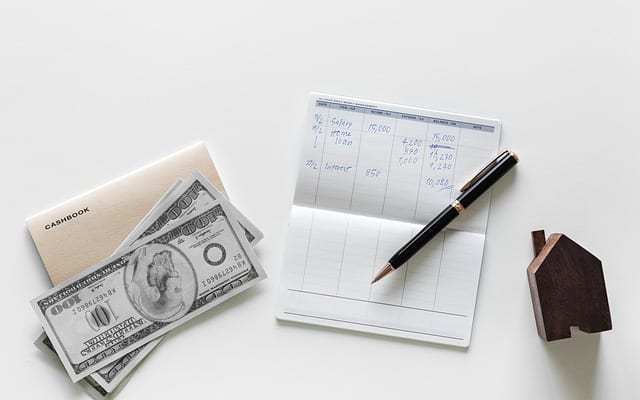All of your debts fall into one of three categories, and different bankruptcy chapters treat them differently. Knowing the types of debt you’re carrying can help you and your attorney make strategic decisions.
They won’t be the only determinant of which chapter you file. You still can’t file Chapter 7 if you don’t pass the means test, for example, even if you have no secured debts. They’re just an important factor to consider.
Unsecured Debts
An unsecured debt is a debt doesn’t have any assets backing the debt. This would include medical bills, credit cards, old apartment leases, and other assorted accounts.
These can be wiped out entirely in a Chapter 7 case. If you file Chapter 13, you’ll end up paying a percentage of these debts as you complete your plan. The percentage will be the same for every creditor. For example, if the percentage is set at 50%, then every creditor will receive half of what is owed.
Secured Debts
The most common secured debts are houses and cars. This debt type can also include personal loans where you put up some form of collateral.
During a bankruptcy, the automatic stay will keep creditors from taking the property. After a bankruptcy, you may need to reaffirm the debt to keep the house or car. While you aren’t obligated to pay anymore, the bank isn’t obligated to let you keep the property. They still have the right to foreclose.
If you have a lot of secured debts Chapter 13 is usually the safer bet, unless you don’t have much equity. Some equity is protected under federal bankruptcy exemptions. If you’re upside-down you may be able to proceed with a Chapter 7, but you’d still need to keep making the payments in order to stay in the home.
Debts that Can’t Be Discharged
If most of your debts fall into this category, bankruptcy won’t help you. You’ll need another strategy.
This category includes most student loans, child support debt, debts that you obtained through fraud, and debt related to a criminal case. Some IRS debt also falls into this category.
Don’t make the determination alone.
While it’s useful to understand what kinds of debts you owe, it’s always a good idea to consult with a qualified bankruptcy attorney before making any decisions. There may be legal pitfalls in your specific situation that you’re not aware of.
See also:
How Bankruptcy Can Save Your House
What You Need to Know About Car Repossessions in Pennsylvania
5 Things to Know About PA Sheriff’s Sales
What to Ask Your Philadelphia Bankruptcy Attorney During Your Free Consultation





